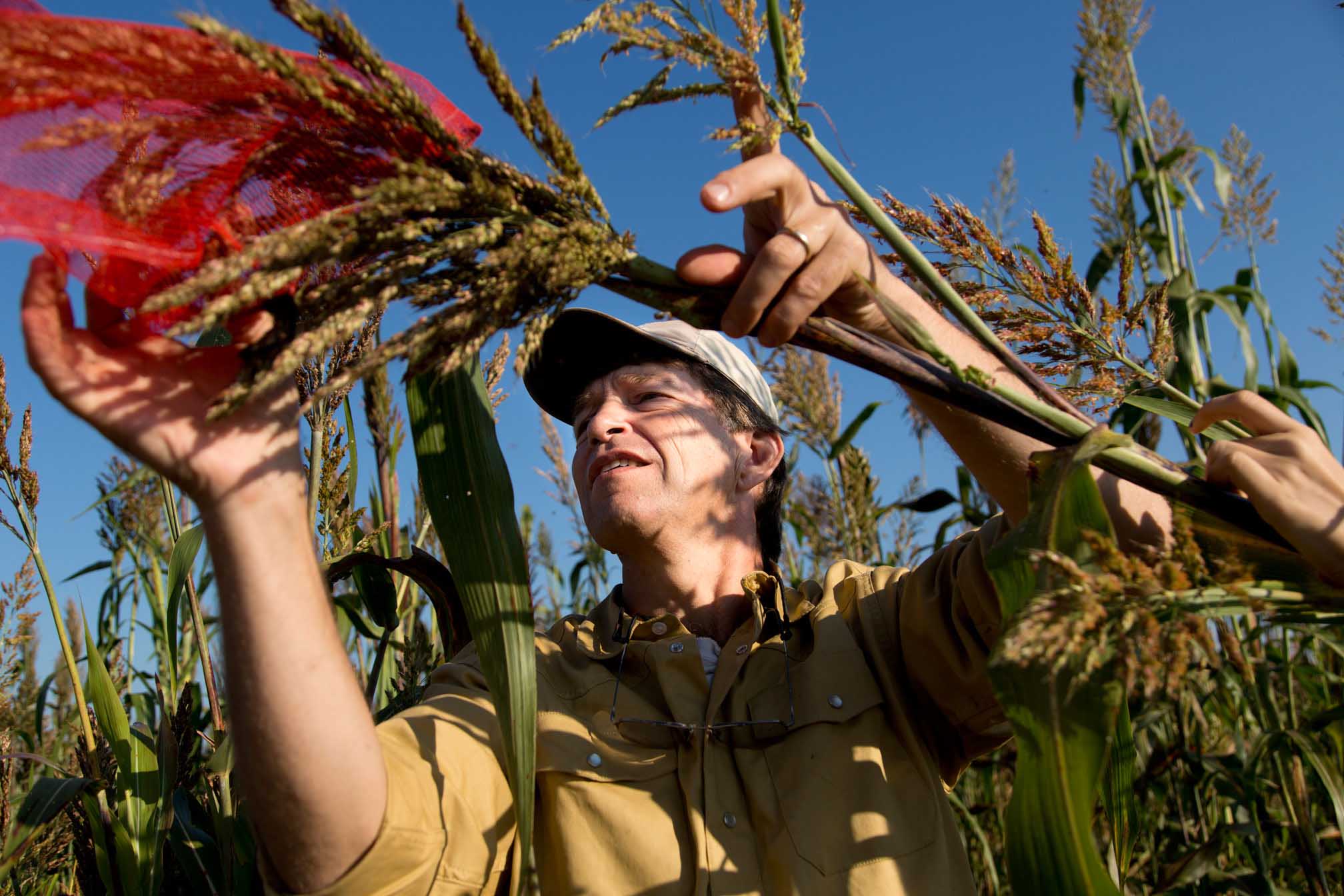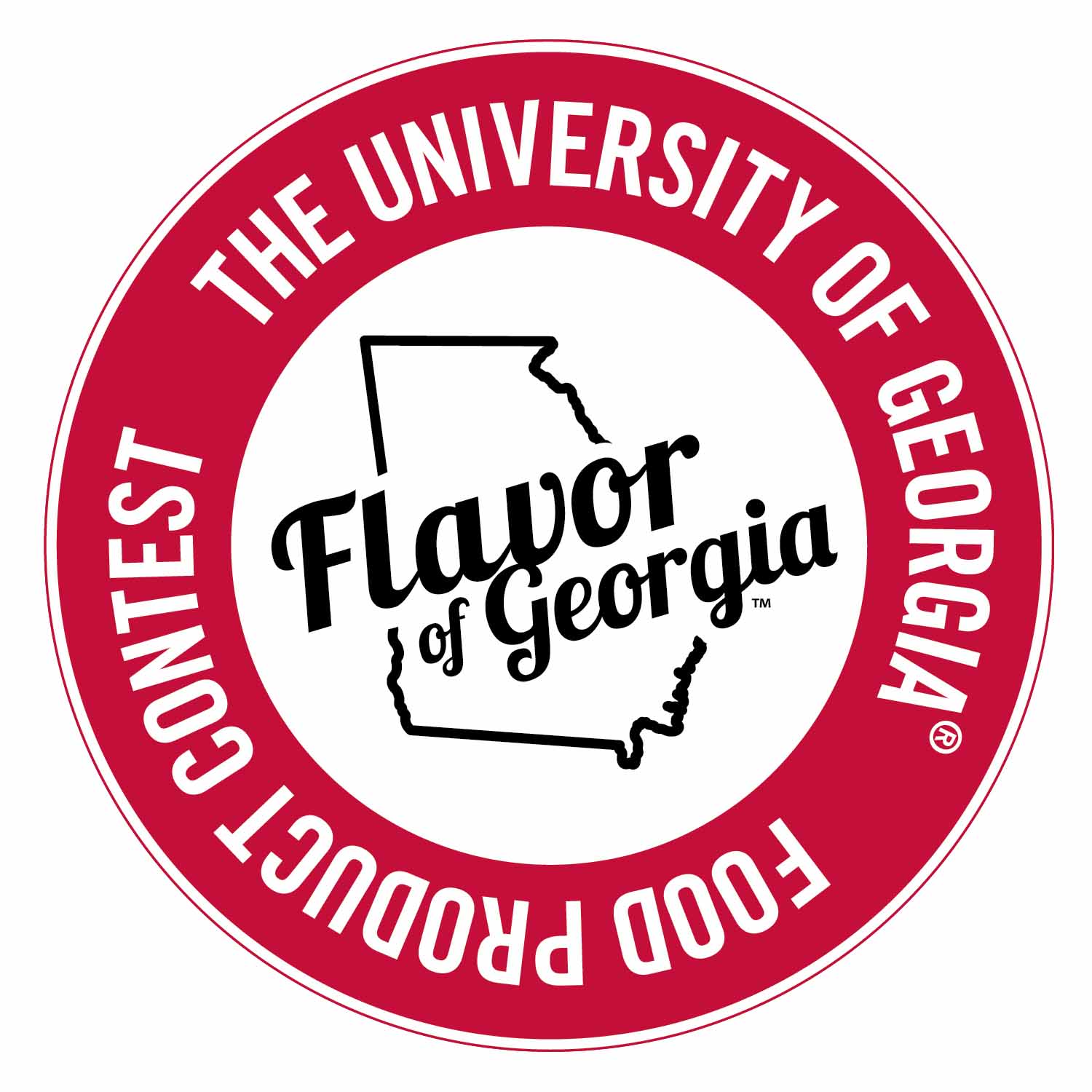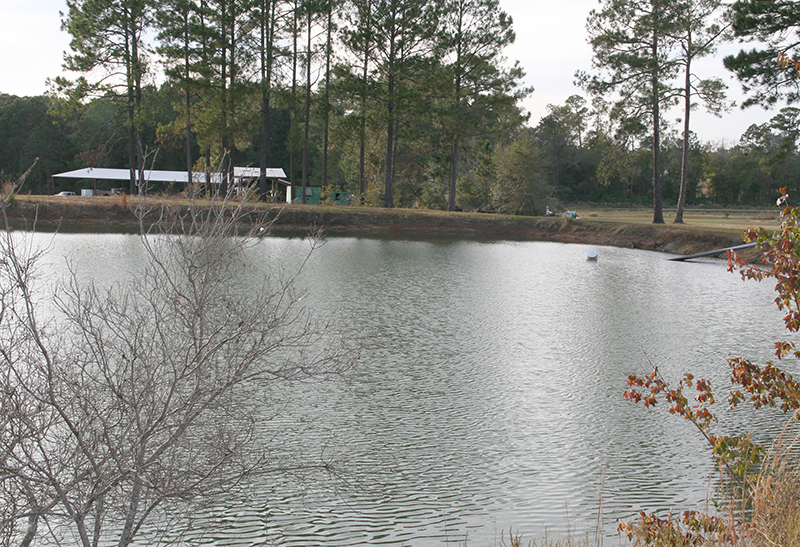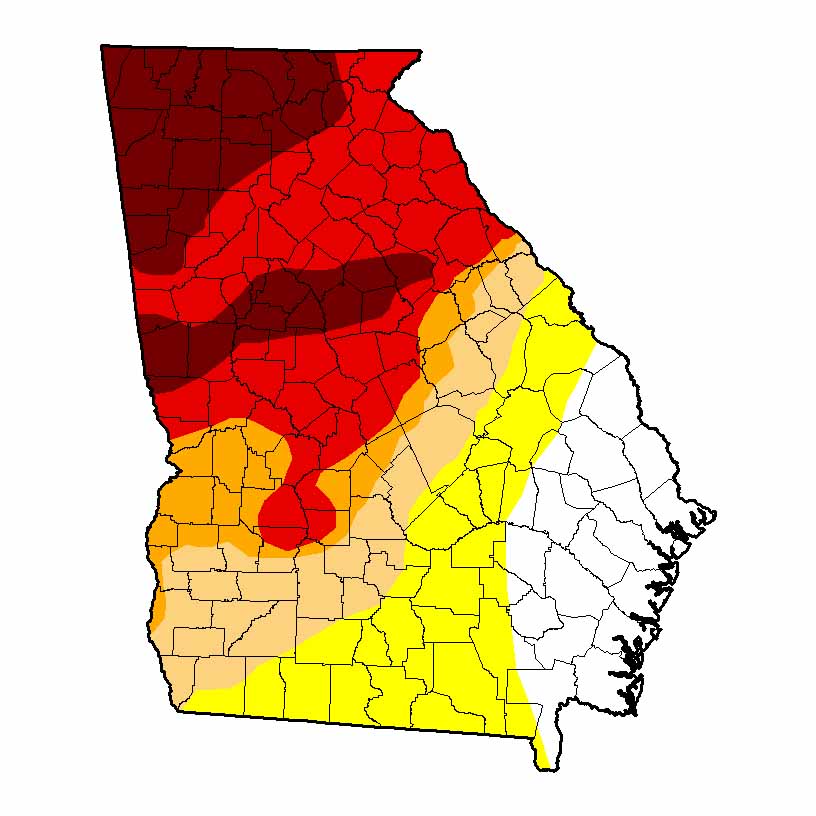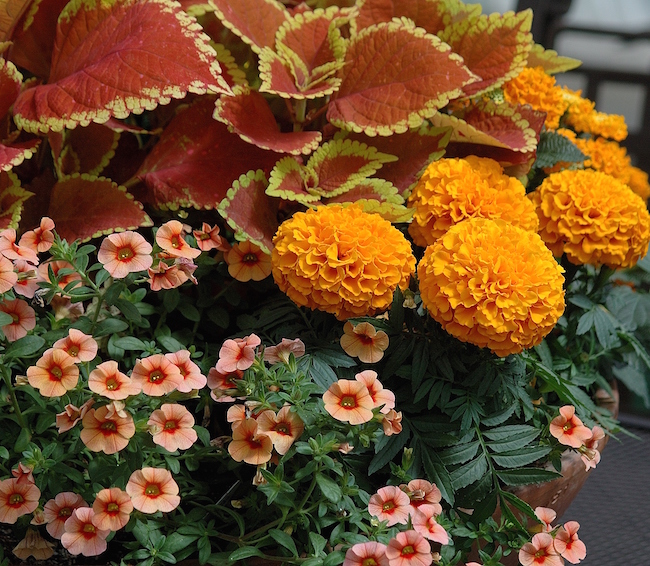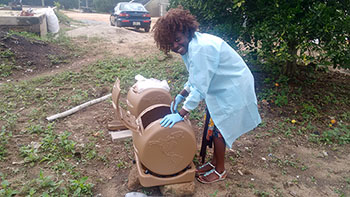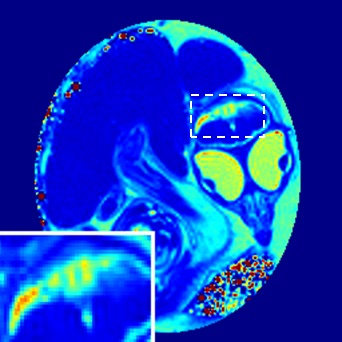Jo Anne Norris
Jo Anne Norris has been a beloved staff member in the Agricultural and Applied Economics department for nearly 30 years, starting as a senior secretary and working her way up to become the outstanding advisor she is today.

